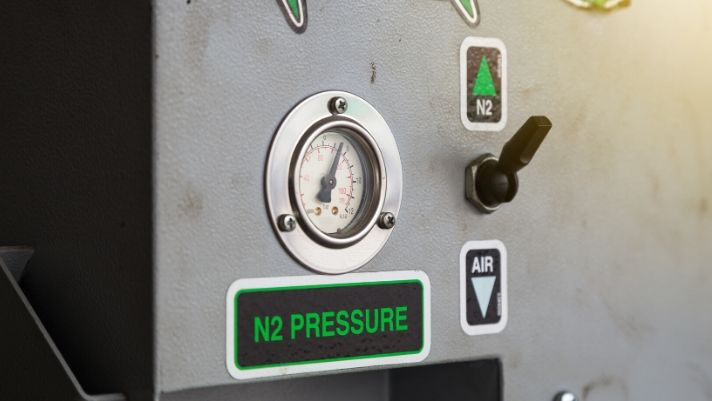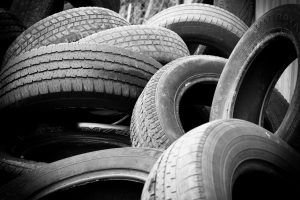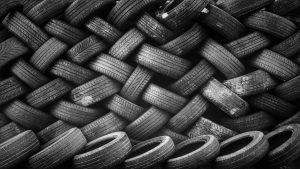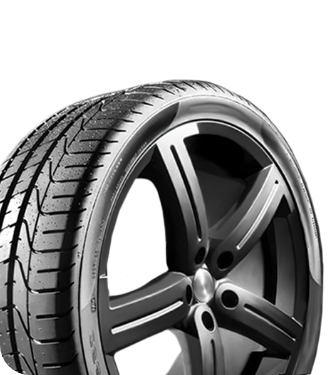

Why is Nitrogen Good for Tires?
Tires |Did you know that you can fill your tires with nitrogen instead of air? It is not a common practice—when you pull into a service station, you probably won’t find a nitrogen pump next to the air pump—but it’s one that dealerships and garages are putting into service. Are there more benefits to using nitrogen rather than air? Why is nitrogen good for tires? We will dig a little deeper here.
The Proposed Benefits of Nitrogen
Service stations that sell nitrogen tire fill-ups do so by promoting a reduction in air lost from the tire, a smoother ride, reduced rolling resistance, better fuel economy, and increased safety. Tires filled with nitrogen get emblematic green caps on the valve stem so the car’s owner can tell the world that they fill their tires with nitrogen, branding themselves as a friend to the environment. Repair shops and dealerships will charge around $5 a tire to fill them with nitrogen versus a dollar or less for air. Consumer Reports and the National Highway Traffic Safety Administration did a test on the two ways to fill tires. Here’s what they found.
Consumer Reports
Consumer Reports conducted a 12-month study using 31 different models of all-season tires. The tires were purchased new and used for a 16,000-mile tread wear test. The tires had 95% nitrogen purity in the tire, and the others were filled with regular air. All the tires were filled with 30 psi and set outdoors for one year. Once a year had passed, they checked the psi of all the tires again. What they found was that all tires lost pressure over that time, but the tires filled with air lost more pressure. The air-filled tires lost around 3.5 psi while the nitrogen tires lost 2.2 psi—the difference is negligible.
National Highway Traffic Safety Administration
The NHTSA had similar findings in their tests. They found that air escapes tires at a higher rate than pure nitrogen. They also found that using nitrogen reduces tire degradation by limiting oxidation—the damage caused by exposing tires to the oxygen in regular air. For most consumers, though, this not a real problem. They will have to replace their tires long before they will start to break down or rot due to environmental factors.
The Conclusion
Putting nitrogen in your tires will slow the loss of pressure over time. You can mitigate this loss by checking tire pressure once a month to make sure the psi is at the recommended level. Using nitrogen has more benefits in high pressure and heavy-duty applications like large commercial trucks and airplanes. Consumers would do better to save their money by using regular compressed air in their tires, not nitrogen. If you choose to use nitrogen, make sure you are only filling up with nitrogen, so you can reap the benefits of it. If you’re looking for a trusted tire shop in Knoxville, TN, visit RNR Tire Express. We have a huge selection of new rims and tires for every car and truck on the road.





